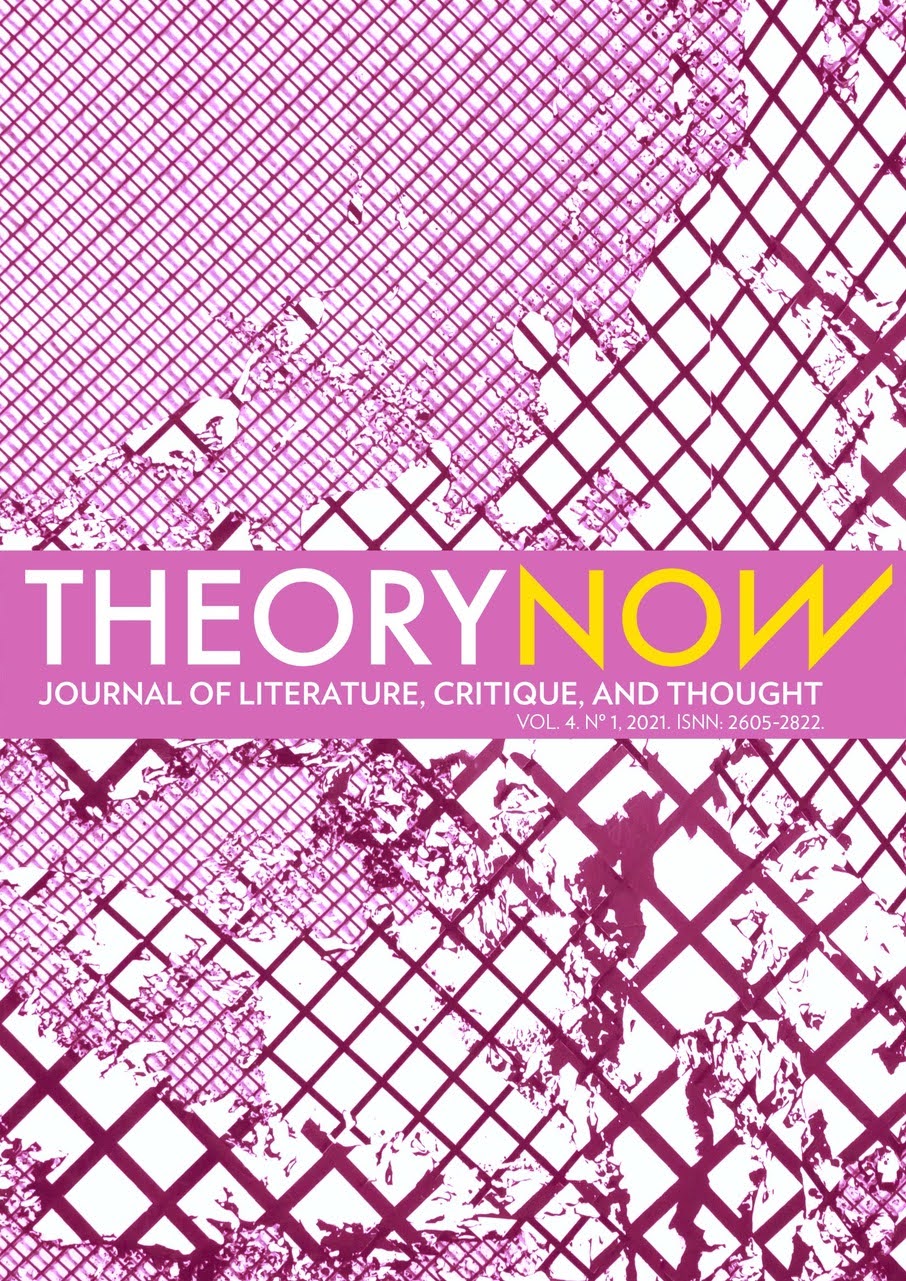A Broad Present. An approach to the Historiographic Problem about the Perception of Time and Space
DOI:
https://doi.org/10.30827/tnj.v4i1.15501Keywords:
temporary regimes, time, space, present, linguistic turn.Abstract
This article analyzes the perception of a broad present in the use of space and time categories in contemporary historiography. Based on the proposals of François Hartog, Reinhart Koselleck and Hans Ulrich Grumbrecht, the transformation of temporality regimes is examined in two aspects. Firstly, it deals with the studies on the use of narrative strategies belonging to literature in historiographic works and the irruption of the linguistic turn as a methodological transformation in the appreciation of temporality. Thus, the notion of historical time was irrevocably disrupted, the use of new historical sources, the inclusion of memory and the reception of violence inherited from still open political processes generated the idea of the present as the dominant notion over the past and the future. Secondly, we add the simultaneity of the technological revolution in communications and georeferencing, tools that impacted on the analysis of space and experience, making the present and immediacy a central part of our lives.Downloads
References
Collingwood, R. G. Idea de la historia. Traducido por Edmundo O’Gorman y Jorge Hernández Campos, España, FCE, 2004.
Glondys, Olga. La Guerra Fría cultural y el exilio republicano español. Barcelona, CSIC, 2007.
Gumbrecht, Hans Ulrich. Después de 1945. La latencia como origen del presente. Traducido por Aldo Mazzucchelli. México, Universidad Iberoamericana, 2015.
Gumbrecht, Hans Ulrich. Lento Presente. Sintomatología del nuevo tiempo histórico. Traducido por Lucía Relanzón Briones. Madrid, Escolar y Mayo Editores, 2010.
Gumbrecht, Hans Ulrich. En 1926. Viviendo al borde del tiempo. Traducido por Aldo Mazzucchelli. México, Universidad Iberoamericana, 2004.
Hartog, François. Regímenes de historicidad. Traducido por Norma Durán y Pablo Avilés. México, Universidad Iberoamericana, 2007.
Hartog, François. “El régimen moderno de historicidad puesto a prueba con las dos guerras mundiales”. María Inés Mudrovic y Nora Rabotnikof (Coords.), En busca del pasado perdido. Temporalidad, historia y memoria. México, D. F., Siglo XXI Editores, 2013, pp. 51-65.
Hosak, L., D. Krandzlov, Et. Al. Fundamentos de la Historia. Traducido por Základy Studia Déjepisu. La Habana, Editora Universitaria, 1965.
Koselleck, Reinhart. Futuro pasado. Para una semántica de los tiempos históricos. Traducido por Norberto Smilg. España, Ediciones Paidós, 1993.
Koselleck, Reinhart. "Un texto fundacional de Reinhart Koselleck. Introducción al Diccionario histórico de conceptos político-sociales básicos en lengua alemana". Anthropos. Huellas del Conocimiento, 223, Rubí, 2009.
Koselleck, Reinhart. Los estratos del tiempo: estudios sobre la historia. Traducido por Daniel Innerarity. Barcelona, Ediciones Paidós Ibérica, 2001.
Lewis Gaddis, John. El paisaje de la historia. Cómo los historiadores representan el pasado. Barcelona, Editorial Anagrama, 2004.
Mudrovic, María. “Cuando la historia se encuentra con el presente o lo que queda del ‘pasado histórico’”. María Inés Mudrovic y Nora Rabotnikof (Coords.), En busca del pasado perdido. Temporalidad, historia y memoria. México, D. F., Siglo XXI Editores, 2013, pp. 66-87.
Palti, Elías. Giro Lingüístico e historia intelectual. Buenos Aires, Universidad Nacional de Quilmes, 1998.
Sánchez León, Pablo; Izquierdo, Jesús (eds.). El fin de los historiadores. Pensar históricamente en el siglo XXI. Madrid, Siglo Veintiuno Editores, 2008.
Schlögel, Karl. Terror y utopía. Moscú en 1937. Traducido por José Aníbal Campos, Barcelona, Acantilado, 2014.
Stern, Steve. Recordando el Chile de Pinochet en vísperas de Londres 1998. Santiago, Ediciones Universidad Diego Portales, 2008.
Vásquez, Josefina. Historia de la historiografía. México, D. F., Ediciones Ateneo, S. A., 1978.
Virno, Paolo. El recuerdo del presente. Ensayo sobre el tiempo histórico. Buenos Aires, Editorial Paidós, 2003.
Downloads
Published
How to Cite
Issue
Section
License
Theory Now. Journal of Literature, Critique, and Thought is an immediate open-access publication which is available at no cost for readers and authors alike. Authors are not charged any kind of fee for the editorial processing of their articles. Reading, downloading, copying, distributing, printing, searching, linking or reusing all published articles for non-commercial uses is allowed on the condition of citing the author, the journal and the editing body. All intellectual material published in this journal is protected under a Creative Commons Attribution-NonCommercial 3.0 Spain license.
Dissemination of the articles in social (Facebook, Twitter, Linkedin, etc.) and scientific networks (ResearchGate, Academia.edu, etc.), public repositories at universities and other institutions, blogs, personal or institutional websites, Google Scholar, ORCID, ResearchID, ScopusID, etc. is strongly encouraged. In all cases, the intellectual property of the articles and any possible monetary profits derived from them belong exclusively to the authors.













